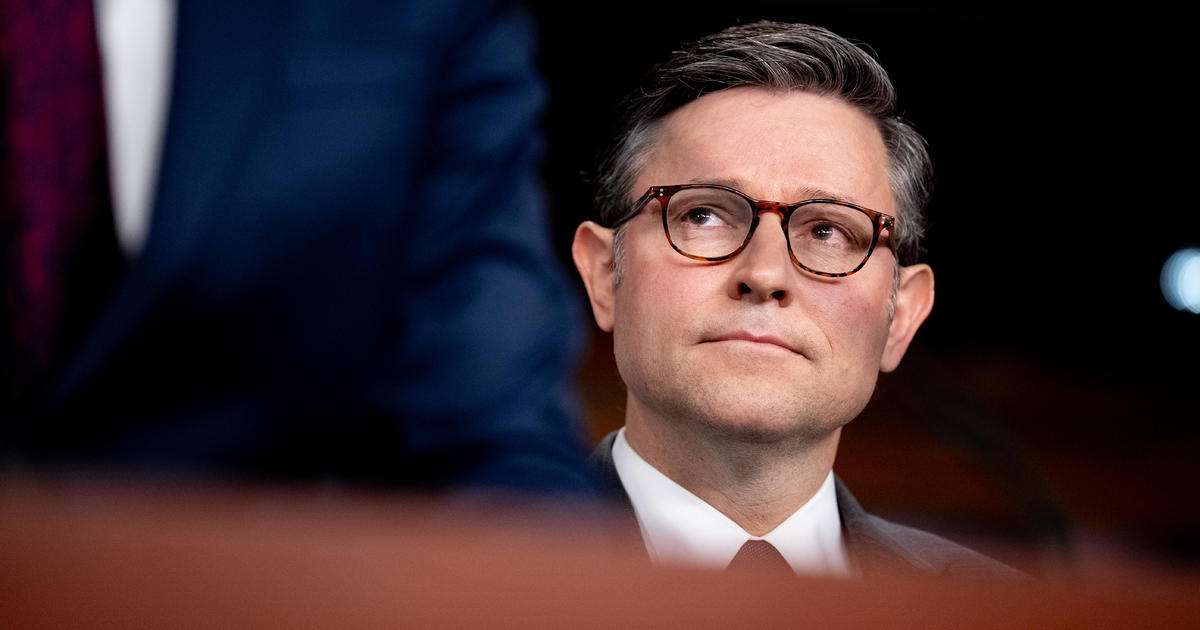The aftermath of the 2024 election has left Republicans celebrating their trifecta in Washington, with control of the House, Senate, and the White House. However, President-elect Donald Trump’s selection of House Republicans for key positions in his administration has raised concerns about the GOP’s already narrow majority in the House.
As the dust settles from the election, only one House race remains undecided in California’s 13th Congressional District, where Democrat Adam Gray is currently leading GOP Rep. John Duarte. With victories in other key districts, the balance of power in the House stands at 220-214 in favor of the Republicans.
Trump wasted no time in tapping House Republicans for top roles in his administration. Shortly after the election, he selected GOP conference chair Elise Stefanik as ambassador to the U.N. and Rep. Mike Waltz as national security adviser. These picks further reduced the Republican majority in the House, prompting concerns about the impact on legislative priorities.
House Speaker Mike Johnson acknowledged the potential challenges posed by the vacancies created by Trump’s appointments. He emphasized the importance of every single vote in a closely divided chamber, noting that unexpected absences could significantly impact the outcome of key votes on the floor.
The situation became even more complicated when Trump nominated former Rep. Matt Gaetz for attorney general. Gaetz’s immediate resignation from the House created another vacancy, leaving Johnson grappling with the prospect of maintaining a fragile majority in the chamber. Despite Gaetz later withdrawing from consideration due to controversy surrounding a House Ethics Committee investigation, the vacancy remained.
Johnson expressed optimism that the vacancies could be filled promptly through special elections in Florida. However, the timeline for these elections posed a challenge, with the earliest possible date set for April 1. This meant that for the initial months of the new Congress, Republicans could find themselves with a razor-thin majority, requiring unity and discipline to advance their legislative agenda.
The GOP’s ability to govern effectively faced potential obstacles as a result of the narrow majority. House Republican leadership has struggled to maintain cohesion within the party, with divisions between moderates and conservatives threatening to undermine unity on key issues. Some Republicans, such as Reps. Don Bacon, David Valadao, and Dan Newhouse, have expressed reservations about Trump’s leadership and could pose challenges to the party’s agenda.
The prospect of a divided House raised concerns about the party’s ability to capitalize on the electoral mandate claimed by Republicans in the wake of Trump’s victory. With a slim majority and potential dissent within the ranks, Johnson faced the daunting task of steering the party through uncertain waters while advancing Trump’s agenda.
Despite the challenges posed by the vacancies and potential dissent within the party, Johnson remained confident in the Republicans’ ability to navigate the situation. He pledged to be proactive and aggressive in pursuing the party’s priorities, emphasizing the importance of unity and discipline in the face of adversity.
In the coming months, Republicans will need to rally behind Johnson’s leadership and work together to overcome the obstacles posed by the vacancies and potential dissent within the party. The fate of the GOP’s legislative agenda hinges on their ability to maintain a cohesive front and navigate the challenges posed by the narrow majority in the House.









